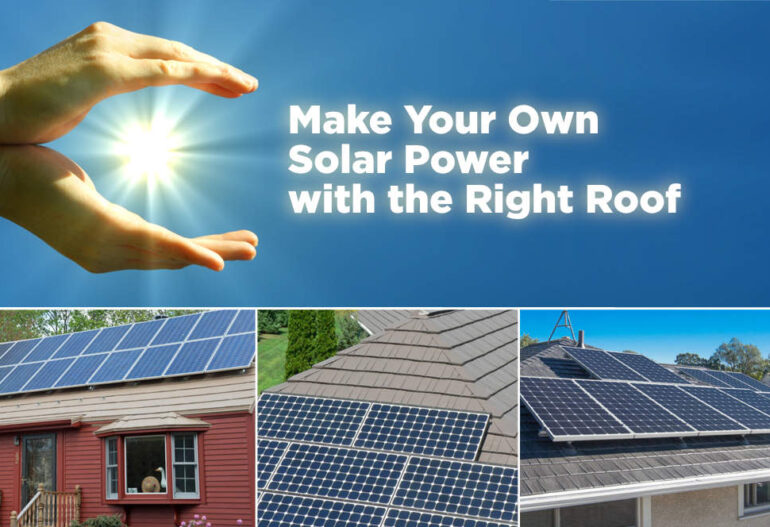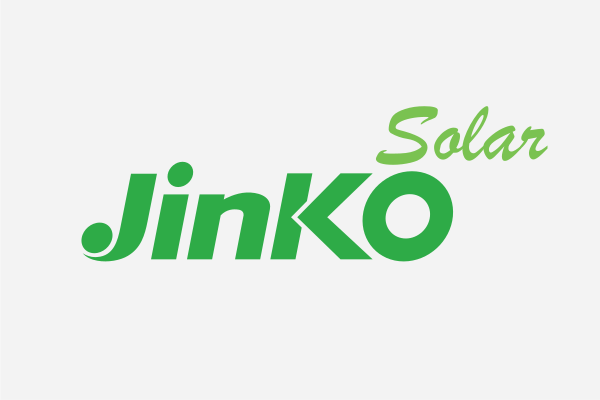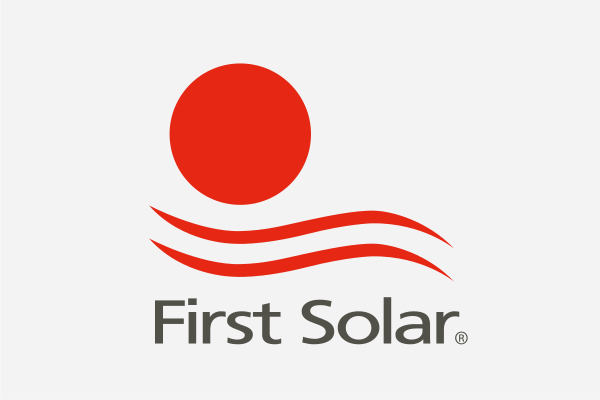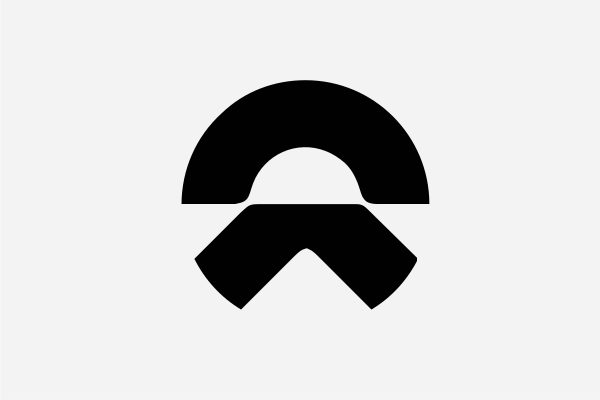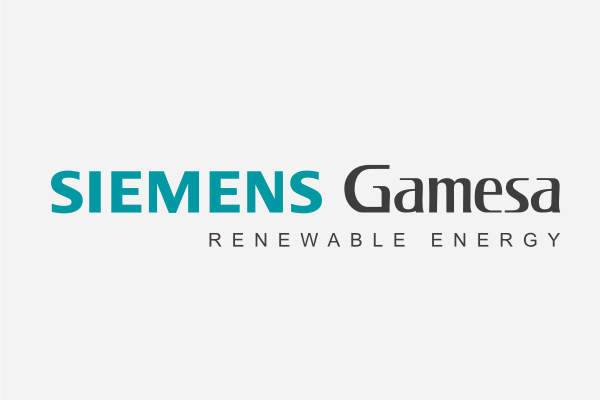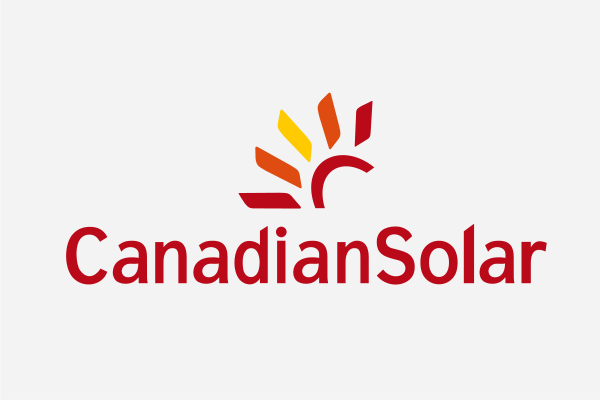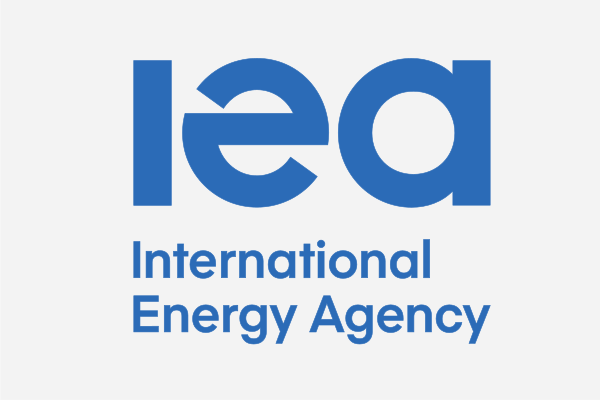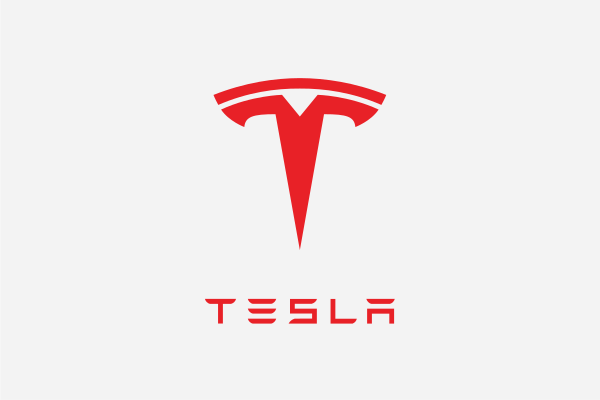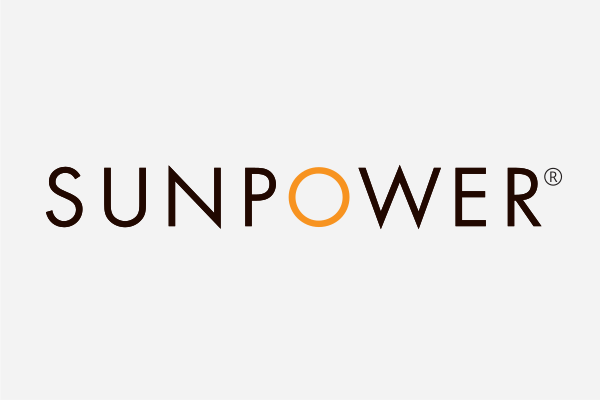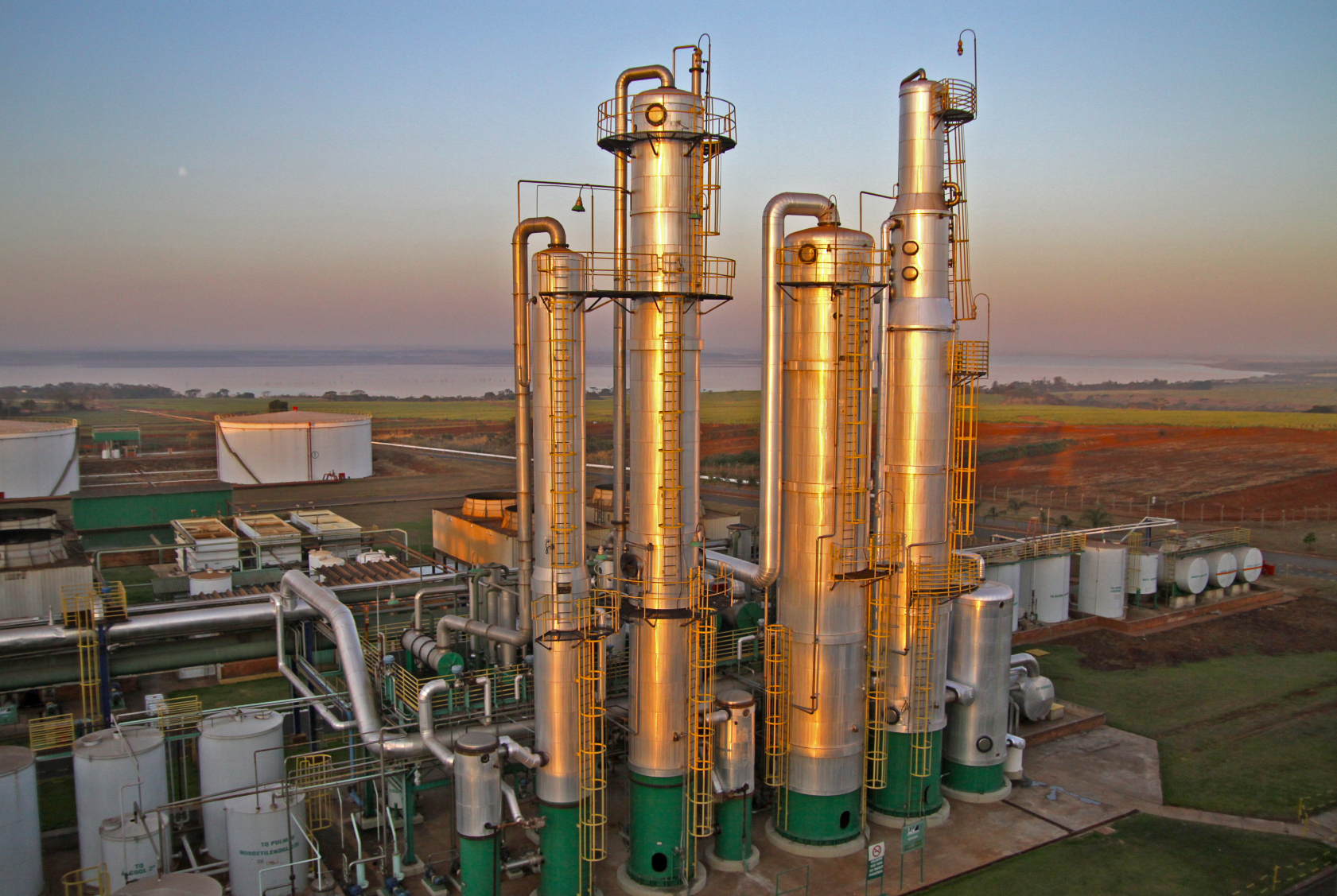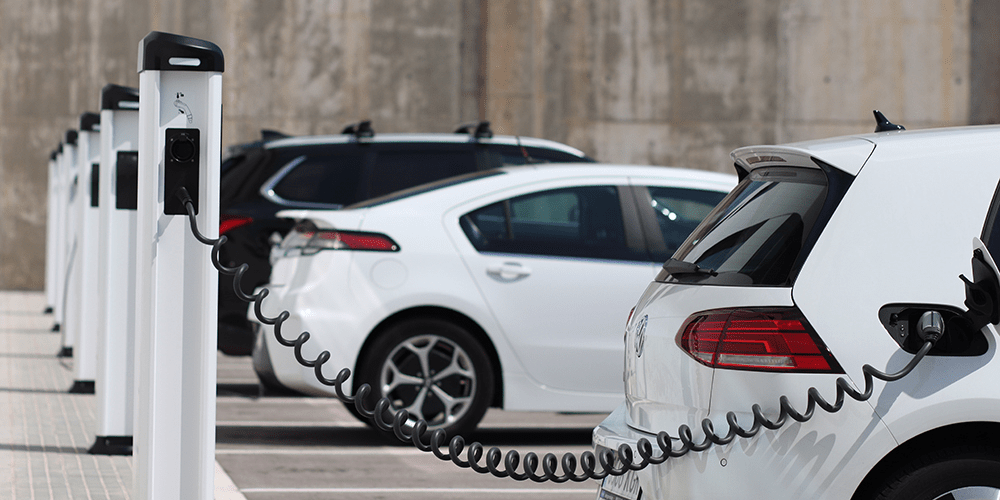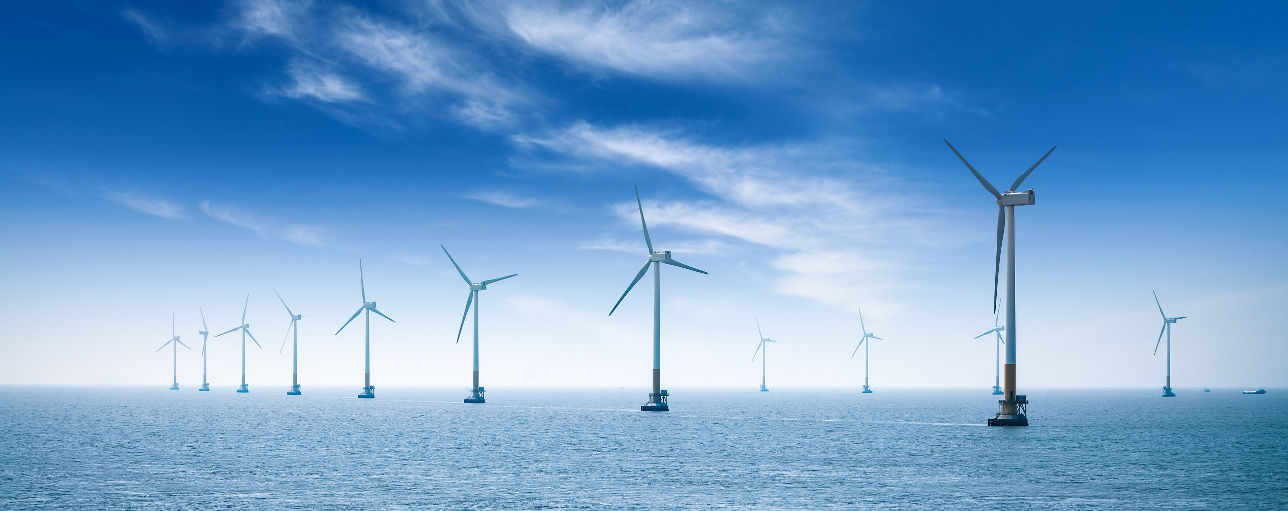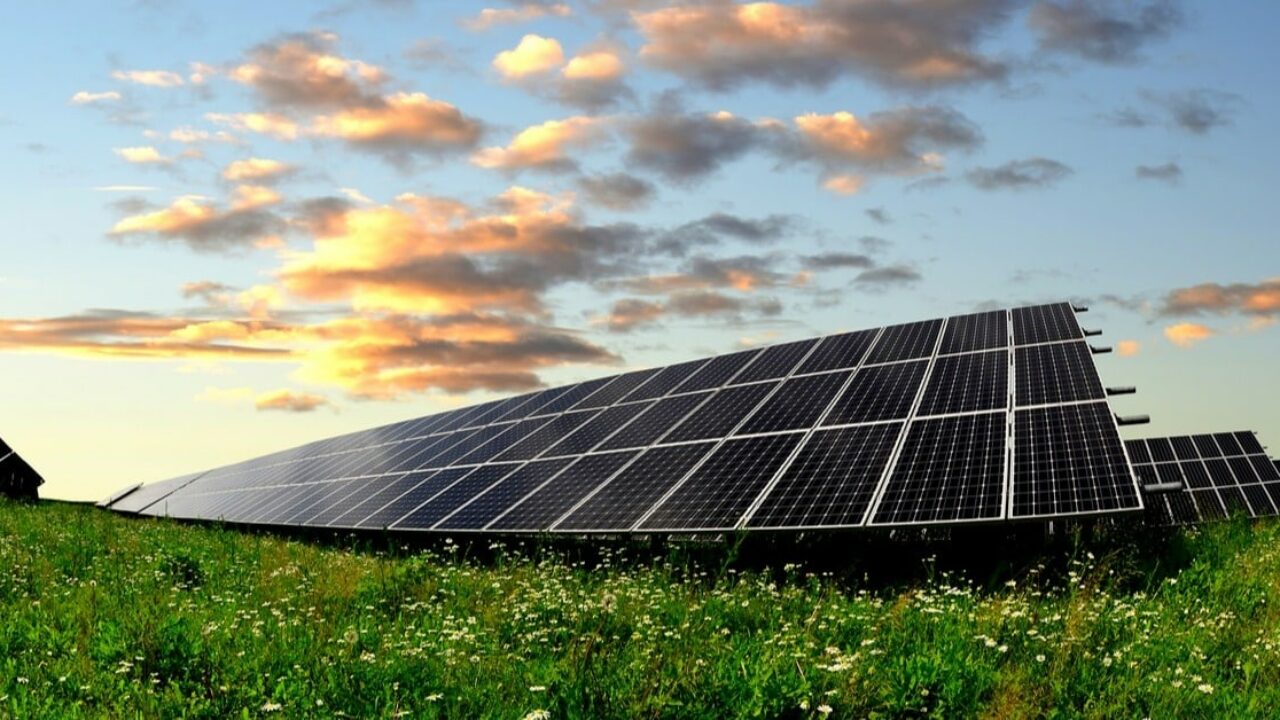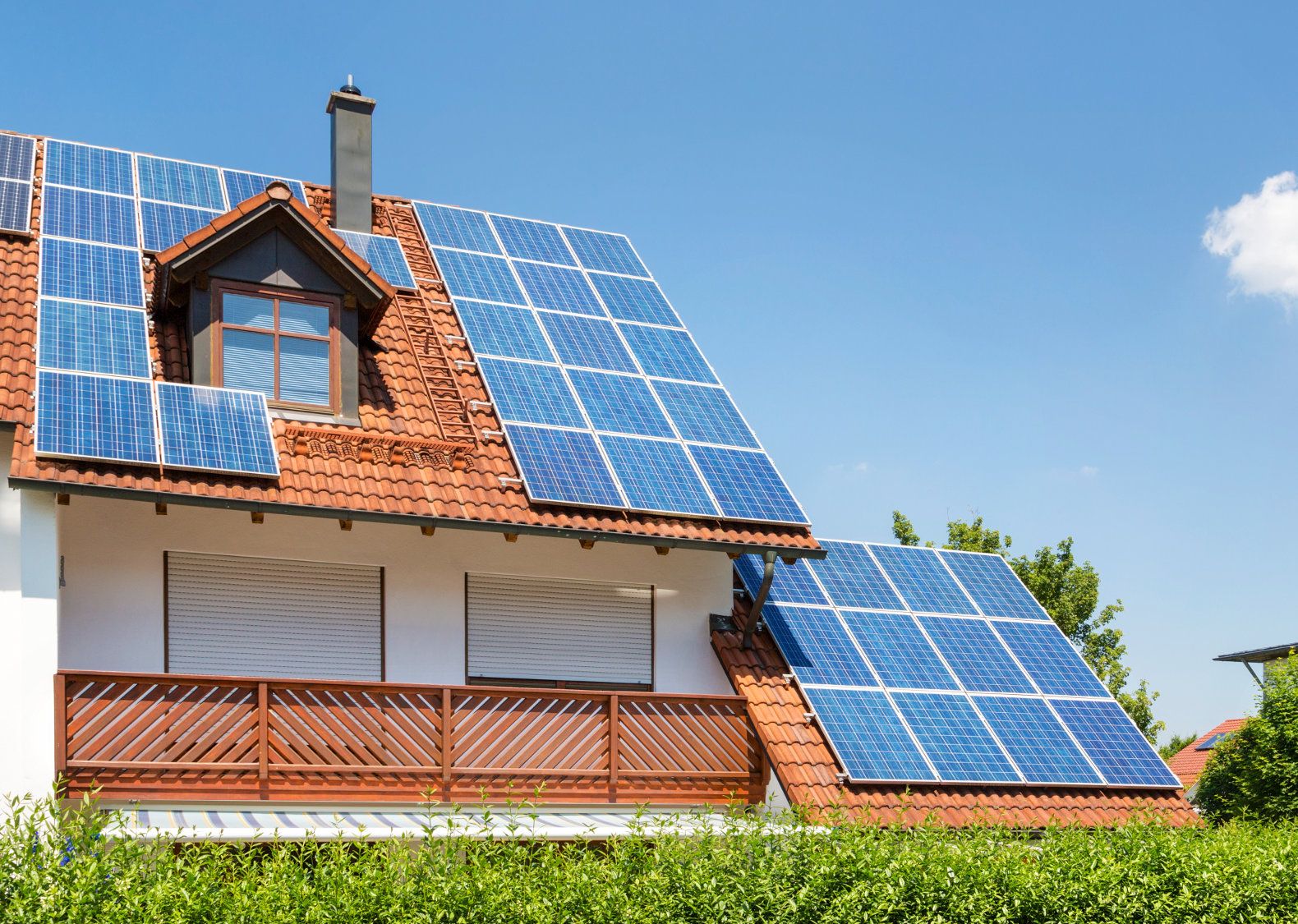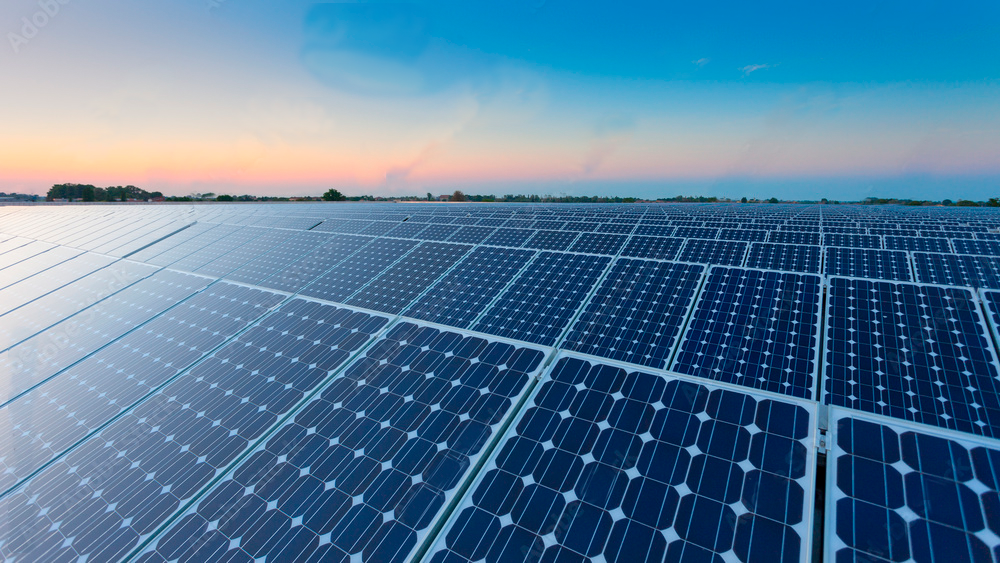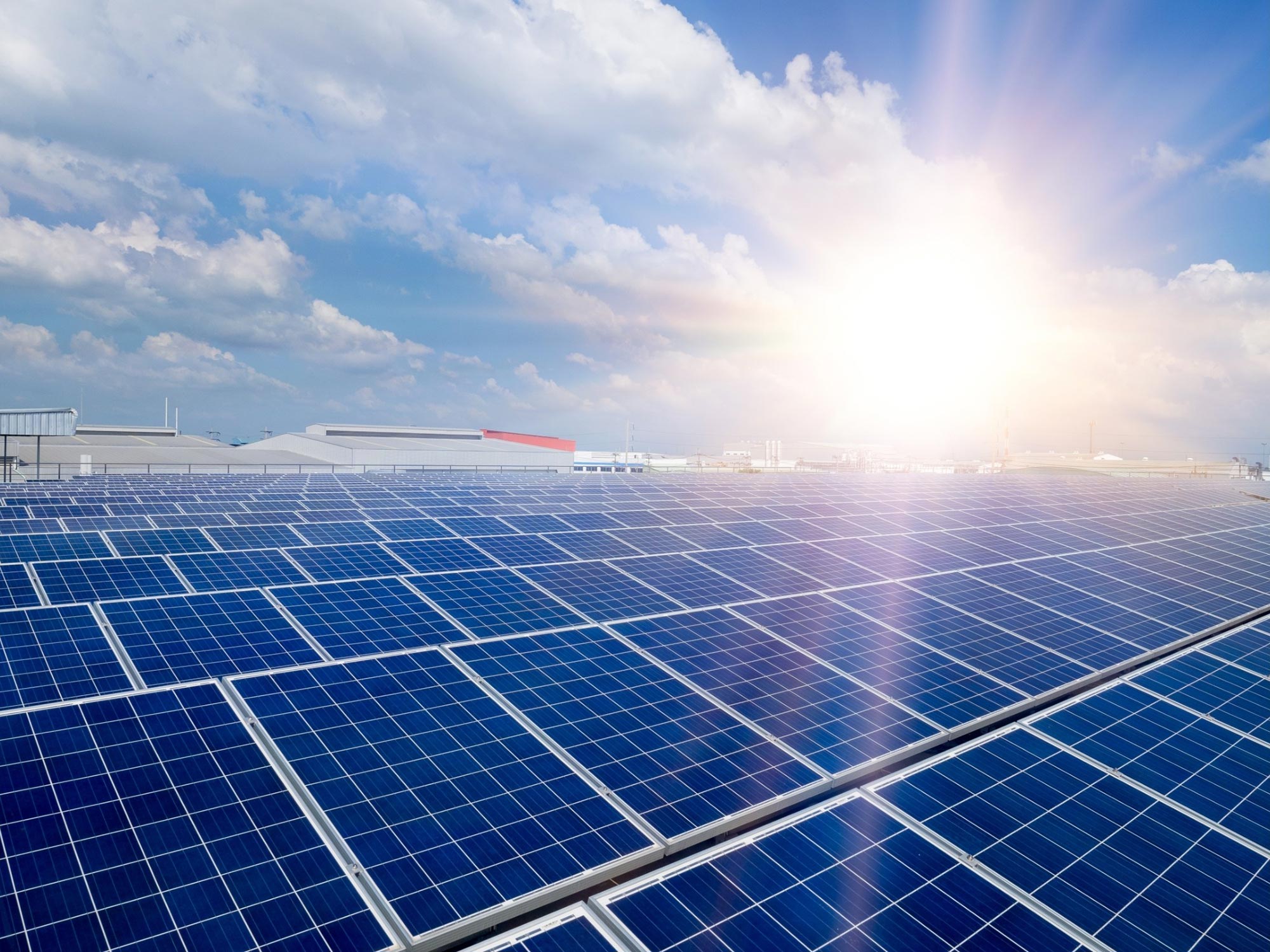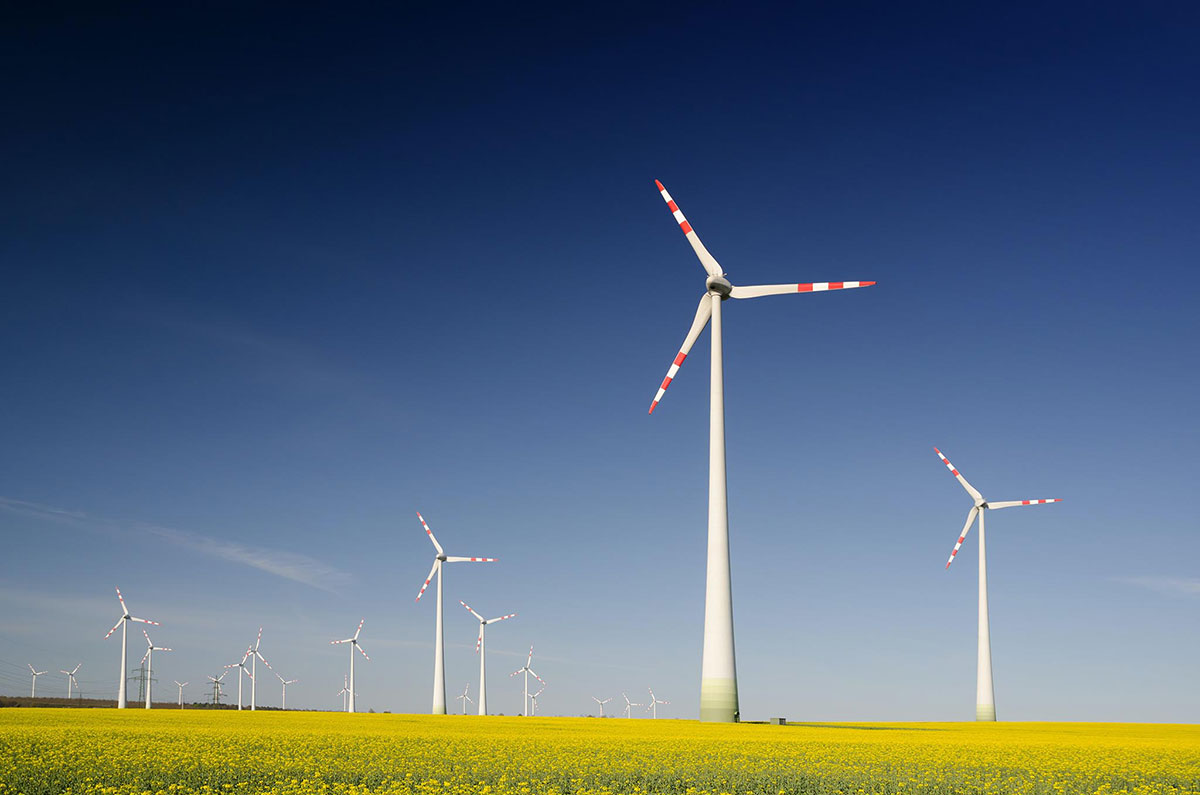Are you thinking about adding a solar rooftop? Investing in a solar panel system may be a fantastic option for any home or business that values cost-effectiveness and environmental sensitivity. However, the system’s initial investment is rather costly. As a result, users must pay attention to some crucial aspects before installing. Let’s take into consideration some factors below.
1. Are solar panels a good investment for you?
Nowadays solar panels are growing more popular, however they are not suitable for all homes or budgets. Your home may not be able to benefit from solar panels, or the installation procedure may uncover additional issues that need to be addressed around your home. That’s why firstly you have to consider two big questions: How is your property and how much do you pay for electricity? Then go to the evaluation: Whether a solar power system is the best solution and investment?
The most important thing to check is that going solar will save you money. It might not be worth it if you reside in a region where power is cheap. For certain folks, your power bill might be incredibly expensive! A study showed that a solar system could only make financial sense if you pay more than $75 for your monthly electricity bill. This is because solar energy replaces traditional energy, which means you’ll want to spend less than you did previously. This is possible if you pay less for your energy and sell your surplus.
The main goal is to pay less than you do now, lock in your power rate, and save money by producing your own clean energy on site.
2. How is your local climate?
Solar power systems may work in a wide range of climates, from wet regions to scorching locations. However, the weather will affect the performance as well as the amount of electricity that you save. Solar suitability checkers can assist you to figure out how this could affect your home’s solar. Solar panels with high efficiency convert direct and indirect sunlight into power, allowing them to operate even in gloomy weather. Thus, check the durability rating of the panels you’re selecting for your home if your area is prone to extreme weather. Besides, it is important to ask for advice from a solar consultant before you decide to go solar so you can estimate the quantity of energy your system will produce.
It is estimated that the minimum number of illuminated hours a solar panel can work at its best is 4 hours per day. And on average, solar panels can generate 10-25% of their power during an overcast day. It means that you have to rely on the additional power from the electric company on those days.
Another key point to remember is that the energy is taken from sunshine, not the ambient temperature. Overheating the panels might reduce their efficiency.
3. What kind of roof do you have?
The good news is that solar panels may be installed on almost any sort of roofing material without harming the roof itself. Yet this isn’t to say that every rooftop solar array will be able to generate the same quantity of power. Each roofing material has different levels of both positive and negative effects for solar PV panels’ performance, cost-effectiveness, and durability. Here are some benefits and downsides of putting solar panels on some of the most prevalent types of roofing materials.
Asphalt shingles, also called composite roofing. This sort of roof is simple to install and reasonably affordable. One of the biggest disadvantages is that asphalt shingle roofs are only anticipated to last 15 to 18 years while solar panel warranties may last up to 30 years. Hence, it will cost an amount of money to replace and reinstall the roof and the PV system.
Tile roofs: Solar panels are possible to install on tile roofs, but it requires a different approach.That is, the tiles must be removed before solar panels are installed. The process of trying to drill through the tiles may cause fractures. As a result, those tiles need to be replaced, which would increase your installation expenses.
A standing metal roof is considered as the type of roof that is best for solar panels. Metal roofs provide a strong surface for the panels as well as long-term endurance. Without drilling into the roof, the standing seam enables for a simpler and less expensive installation.
Wood and slate roofs are examples of roofing materials that aren’t ideal for solar. For one thing, because these roofing materials are fragile, solar panel installers are unable to walk around on the roof as they would usually. This makes the installation process more complicated and, as a result, more expensive. Another issue with solar panels on a shingle roof is that they might cause a fire danger.
4. How is the roof condition?
The state of your roof is also crucial. Ascertain that the roof can support the PV system’s weight (about 3-5 pounds per square foot) and that the roofing material will endure as long as the PV system (25-30 years). You could be an excellent candidate for solar roofing if your roof is in bad condition.
Ensure that your roof is not overshadowed by nearby residences, businesses, or trees. If you don’t have micro-inverters, continuous shade on even one of the panels can prevent the entire string of panels from producing electricity. (If you can’t prevent regular shadowing on your roof, micro-inverters and bypass diodes are a good investment.) This reduces the effects of partial shadowing by enabling the solar energy generated by the panels to travel around or around the shaded panels.
You should think about the pitch of your roof as well. Roofs with pitches of 30 to 45 degrees will work nicely in most cases. Roofs with exceptionally steep slopes, such as those seen on A-Frame structures, may make solar panel installation more challenging while simultaneously lowering the panels’ efficiency. Solar panels function best when they are installed on a roof that is inclined at a degree equivalent to the latitude of the site. Solar panels put in a Chicago home, for example, would work best with a roof inclined at about 41 degrees.
5. What type of Solar Panel best suits your house?
There are many types of Solar panels with different features. To begin, you’ll need to decide between photovoltaic (also known as solar electric) and solar thermal panels. Solar thermal panels employ mirrors to focus sunlight and are commonly utilized to heat water. It is more efficient, but only when the sun is shining. Solar photovoltaic panels, on the other hand, are a newer technology than thermal, which employ solar cells to convert sunlight directly into power. They’re more adaptable and endure longer.
In addition to the sort of solar panel you desire, you’ll need to consider the same factors that you would for any major purchase such as performance, durability, and warranty. All of them will differ, and some panels will be better suited to your specific requirements. To receive the best information, be sure to do some research and seek out reputable sources and other user experiences.
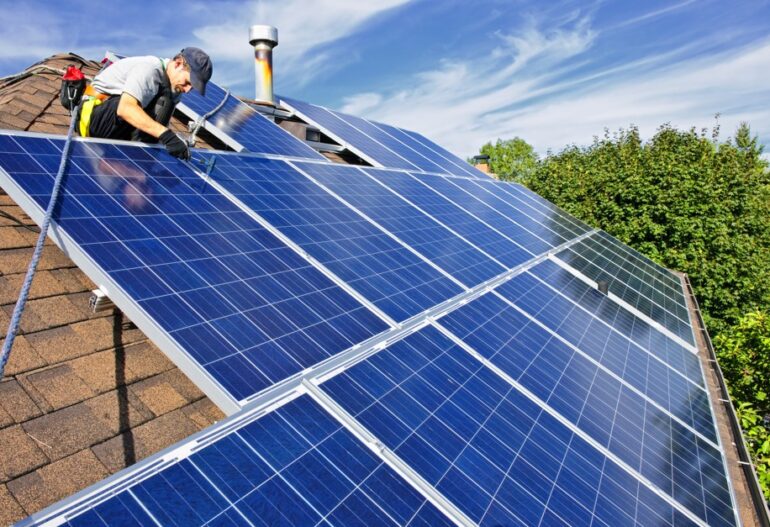
Are you ready to go solar?
Now that you’ve done your research, it’s time to start installing solar panels in your home to assist the environment while also putting more money in your pocket!



